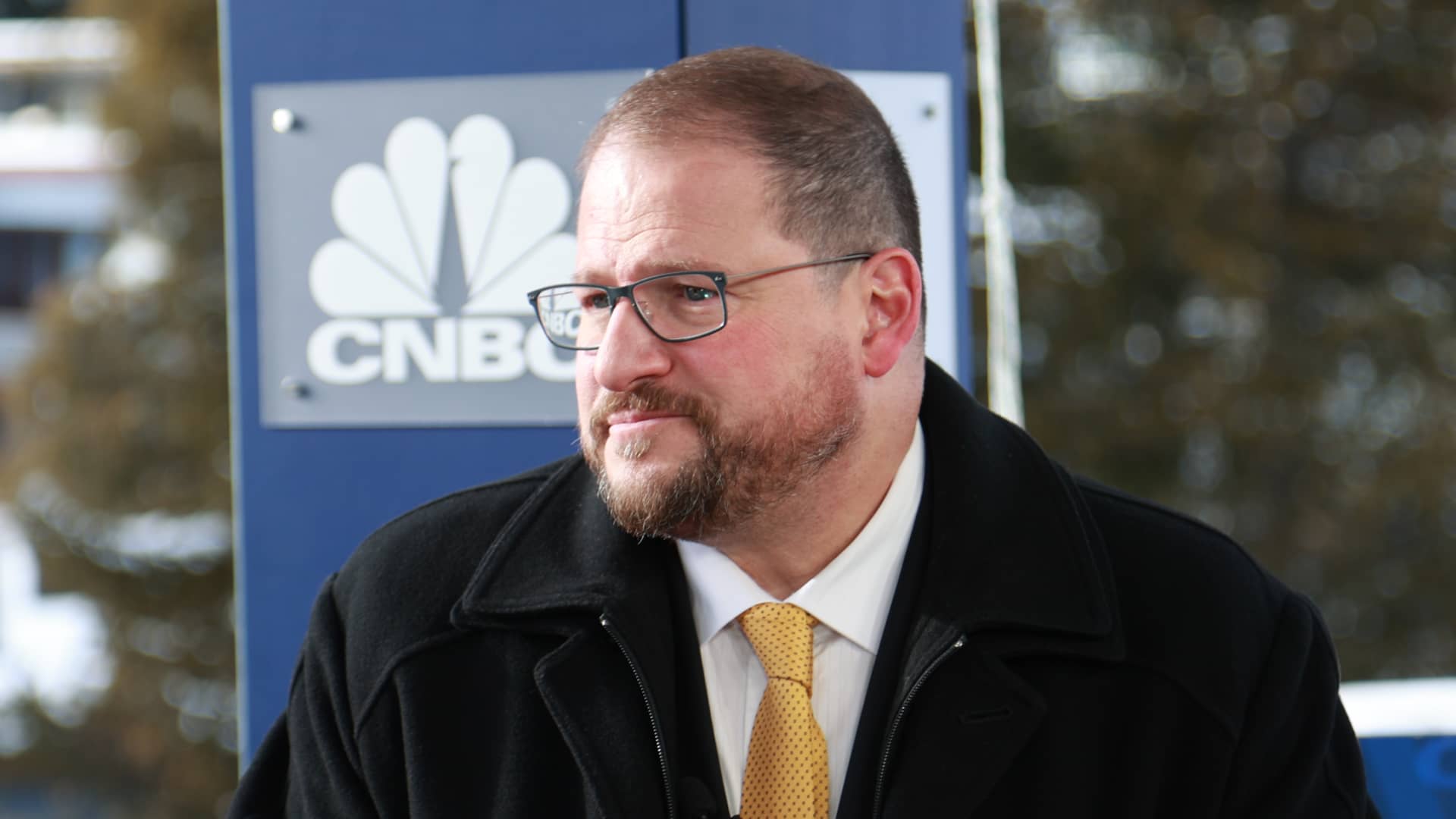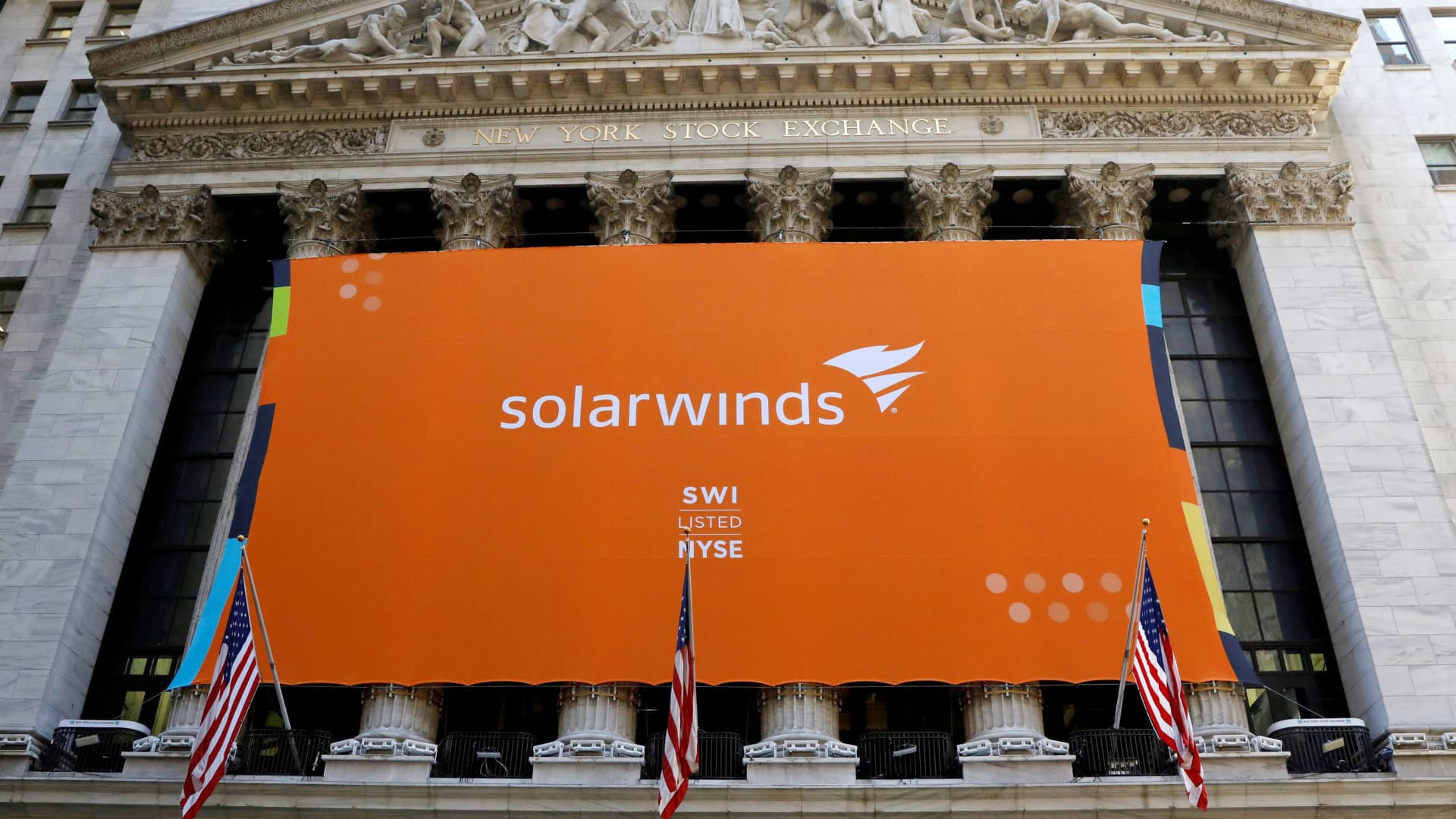France and Great Britain are competing for the European artificial intelligence crown
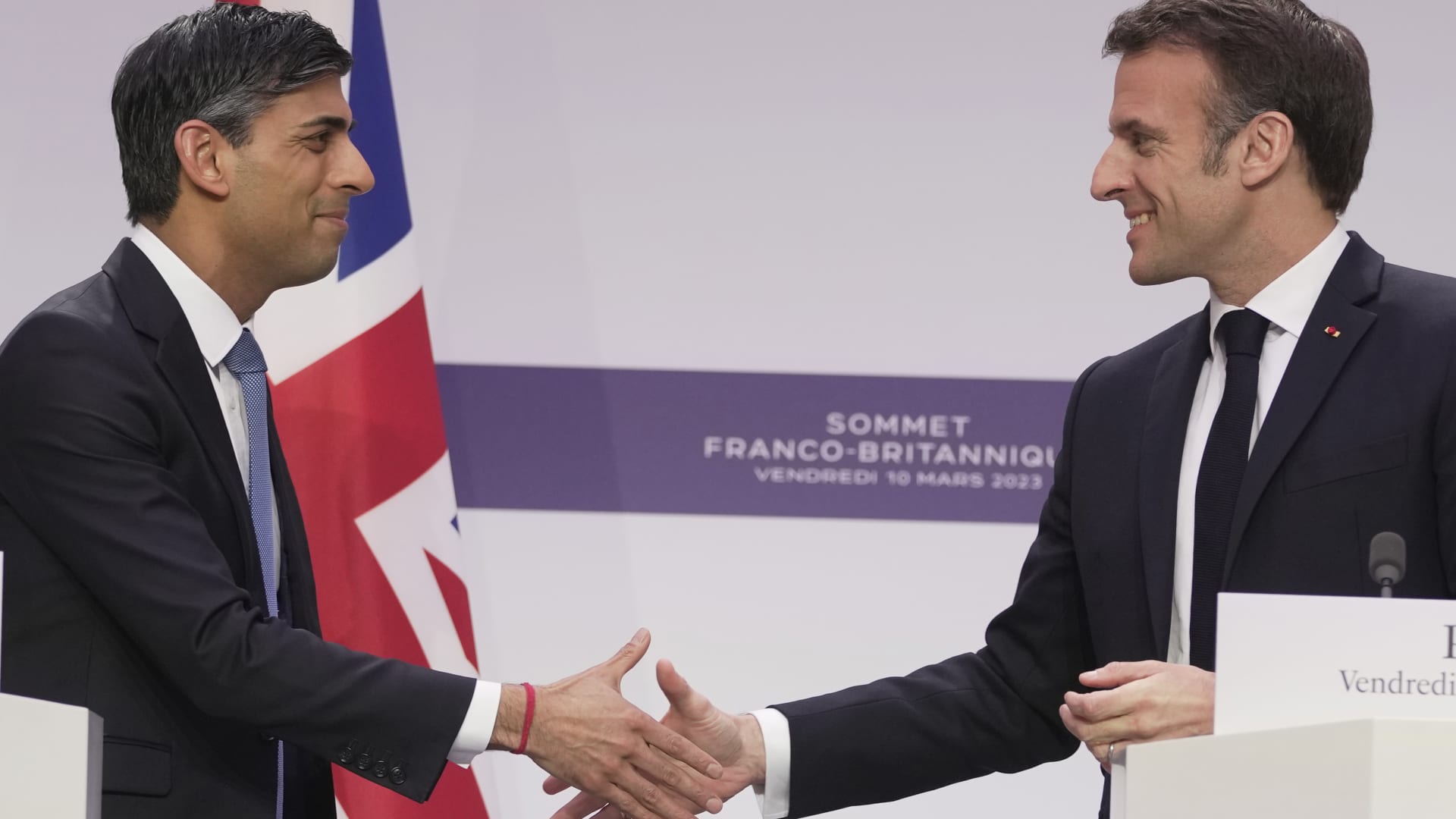
British Prime Minister Rishi Sunak and French President Emmanuel Macron.
Kin Cheng | Pool | Getty Images
LONDON — Two countries are competing for the place of the European capital of artificial intelligence.
In recent weeks, both French President Emmanuel Macron and British Prime Minister Richie Sunak have made bold claims about artificial intelligence, each trying to claim a share of the much-hyped market.
“I think we are number one [in AI] in continental Europe and we must accelerate,” Macron told CNBC’s Karen Tso at the annual Viva Tech conference in France on June 18, while Sunak called the UK “the geographic home of global AI security regulation” at the London Tech Week conference on June 12.
AI is seen as revolutionary and therefore of strategic importance to governments around the world.
The hype surrounding the technology was partly driven by its viral nature Microsoft-with OpenAI’s ChatGPT support. It has also become a source of technical tension between the US and China as countries around the world try to harness the potential of the most important technologies.
So who is leading the race to win the European artificial intelligence crown?
Money matters
At VivaTech in Paris, Macron announced 500 million euros ($562 million) in new funding to create new AI “champions.” This comes on top of previous government commitments, including a pledge to invest €1.5 billion in artificial intelligence by 2022 in a bid to catch up with the US and Chinese markets.
“We will invest madly in training and research,” Macron told CNBC, adding that France is well positioned in the field of artificial intelligence thanks to access to talent and startups being created around the technology.
In March, the British government pledged £1 billion ($1.3 billion) for research into supercomputers and artificial intelligence as it looks to become a “scientific and technological superpower”.
As part of the strategy, the government has said it wants to spend around £900m building an “exo-scale” computer capable of creating its own ‘BritGPT’ to rival OpenAI’s generative AI chatbot.
However, some officials criticized the funding pledge, saying it was not enough to help the UK compete with titans such as the US and China.
“It sounds great, but it’s nowhere near where we should be,” said Sajid Javid, a former government minister in former prime minister Boris Johnson’s cabinet, during a fireside discussion at London Tech Week.
Police abuse of AI
One big difference between the UK and France is how each country chooses to regulate AI, and the laws already in place that affect the high-speed technology.
The European Union has a Law on Artificial Intelligence, which is supposed to be the first comprehensive set of laws dedicated to artificial intelligence in the West. The law was approved by the legislators of the European Parliament in June.
It assesses various AI applications based on risk — for example, real-time biometric identification and social rating systems are considered “unacceptable risk” and therefore prohibited under the rules.
France will be under the direct jurisdiction of the AI Law, and it would be “unsurprising” if the relevant French regulator, either the CNIL or a new, specific AI regulator, took an “aggressive approach” to its enforcement, according to Minesh Tanna, global head of AI at international law firm Simmons & Simmons.
In the UK, instead of issuing specific AI laws, the government has issued a white paper advising various industry regulators on how they should implement existing regulations in their respective sectors. The White Paper takes a principled approach to AI regulation.
The government has touted the framework as a “flexible” approach to regulation, which Tanna called more “pro-innovative” than the French method.
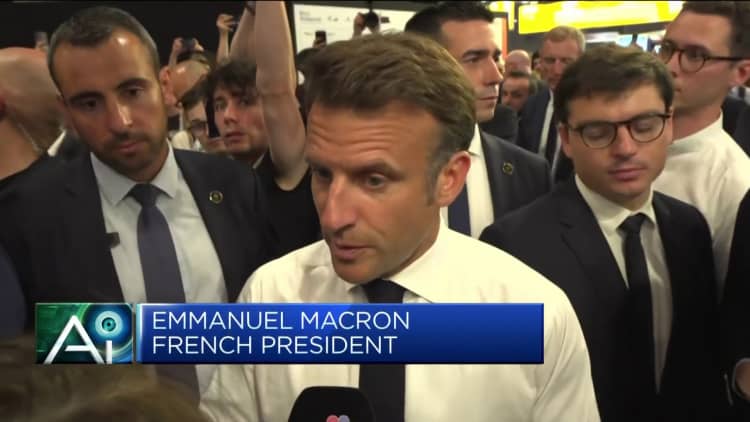
“The UK’s approach in the post-Brexit world is driven by a desire to encourage investment in AI,” he added, giving the UK more “freedom and flexibility to place regulation at the right level to encourage investment,” he said in an email to CNBC.
In contrast, the EU’s AI law could make France “less attractive” for AI investment, given that it sets a “difficult regulatory regime” for AI, Tanna said.
Who will win?
“France certainly has a chance to become a leader in Europe, but it faces stiff competition from Germany and Britain,” Anton Dahbura, co-director of the Johns Hopkins Institute for Guaranteed Autonomy, told CNBC by email.
Alexandre Lebrun, CEO of Nabla, a “co-pilot” for AI doctors, said the UK and France are “probably the same” when it comes to attractiveness for setting up an AI company.
“There’s a good talent pool, strongholds like Google and Facebook’s AI research centers, and a smart local market,” he told CNBC, but warned that the EU’s AI law would make it “impossible” for startups to build AI in the EU.
“At the same time, if the UK passes a more sensible law, it will definitely win over the EU and France,” Lebrun added.
At the same time, London has been the source of much resentment from some quarters of the industry, who have criticized the country for being unattractive to tech entrepreneurs.
Keir Starmer, leader of the opposition Labor Party, told attendees at London Tech Week that a series of political crises in the country had dampened investor sentiment for technology in general.
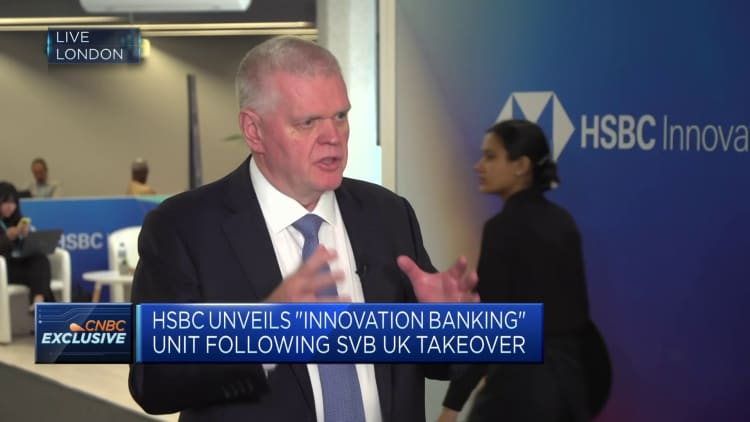
“A lot of investors are telling me that we’re not investing in the UK right now because we don’t see the conditions of political certainty that we need to invest,” Starmer said.
Claire Trachet, CFO of French tech startup YesWeHack, said that both the UK and France have the potential to challenge the dominance of the US AI giants, but it is not only about cooperation in Europe, but also about competition between different centers.
“This will require a concerted and collective effort by Europe’s technological superpowers,” she said. “To truly have a meaningful impact, they must leverage their collective resources, foster collaboration, and invest in the development of a robust ecosystem.”
“Combining their strengths — particularly with Germany — could allow them to create a compelling alternative in the next 10-15 years that will disrupt the AI landscape, but again, this will require strong strategic vision and a collaborative approach,” Thrash added.

